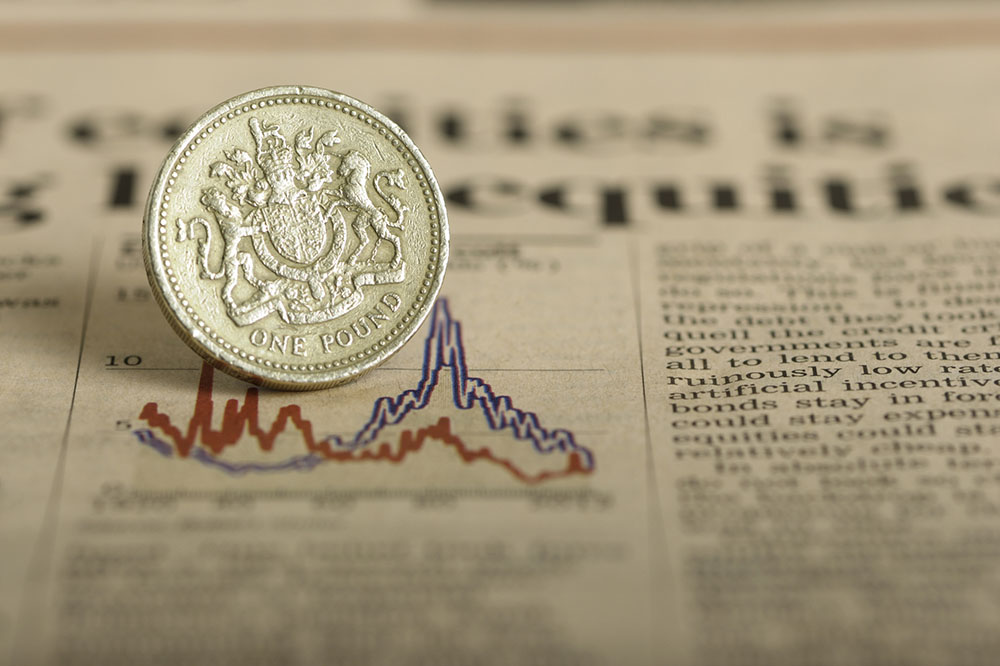
This content is for information and inspiration purposes only. It should not be taken as financial or investment advice. To receive personalised, regulated financial advice regarding your affairs please consult us here at WMM (financial planning in Oxford).
With the end of the first quarter (Q1) of 2020 now behind us, a clearer picture is starting to emerge of how COVID-19 and the subsequent global lockdown has affected the stock markets and those invested in it. Here at WMM, our Oxford financial advice and planning team wanted to offer this short update in light of the latest data, with specific focus on the FTSE 100 as the media often seem fixated on this.
Aerospace & travel hit badly
As was to be expected, companies heavily involved with tourism and international travel were badly hit in Q1. Many airlines were grounded and unable to take paying passengers, with some relegated to the FTSE 250 (e.g. EasyJet, which has lost almost half of its share price between February and June). Most other companies which have fallen from the FTSE 100 have strong involvement in the travel industry.
Carnival is another example; a company which has a history running large cruise ship fleets (e.g. P&O Cruises), and whose stock has also seen a meteoric fall since February (3,644p down to 1,174p). Meggitt – a supplier of aeroplane parts (e.g. the Boeing 737) – has also experienced a sharp fall in its share price during the global outbreak and lockdown.
New entrants to the FTSE 100
The companies which have stepped in to replace those relegated from the FTSE 100 hail from a range of industries and sectors.
Kingfisher (which owns B&Q) has come back onto the index after falling from grace earlier in 2020. DIY retailers in the UK have been among the first sectors to come back into business as lockdown measures started easing, and many furloughed people stuck at home have also taken the opportunity to fix aspects of their property which had been long neglected.
GVC Holdings has also stepped into the FTSE 100; an online gaming company based in the Isle of Mann. Earlier in 2020 it was relegated after its share price suffered from the closure of sporting events, also after the UK government targeted Fixed Odds Betting Terminals. As football and other sports have slowly restarted the share price has climbed dramatically.
Other companies which have “done well” out of the pandemic include Avast; a software security and antivirus supplier, which has doubtlessly benefited from the increase in homeworking. One other benefactor is Homeserve, which provides repair and emergency services for the home. In March, its share price had plummeted. Yet in June it has risen significantly as customers based at home have sought its solutions.
Implications for investors
Predicting which companies will do well in the second and third quarters of 2020 is a nearly impossible task. Although, in retrospect, many of the FTSE 100 relegations could have been predicted, it is much harder to achieve high levels of accuracy when looking ahead. As such, those inclined to pick and choose individual stocks from the index in pursuit of short-gain gains during the pandemic should be incredibly wary.
Some may look at the FTSE 100 as a whole in light of events so far in 2020, and wonder if it’s worth investing in at all. Here, it’s important to consider the long term picture. In 1984 the index stood at about 1,096 points. At the time of writing (19th of June 2020) it stands at 6,292.60. Despite the current pandemic and numerous crises along the way, the overall trend has been towards steady growth. However, each individual investor is different and the place of the ‘FTSE 100’ in a portfolio is arguable anyway, depending on the person’s goals, risk tolerance and investment horizon. We will cover the pros and cons of ‘Index’ investing in a further article soon.
Invitation
If you are interested in starting a conversation about your financial plan, then we’d love to hear from you. Get in touch today to arrange a free, no-commitment consultation with a member of our friendly team here at WMM.
Reach us via: 01869 331469


